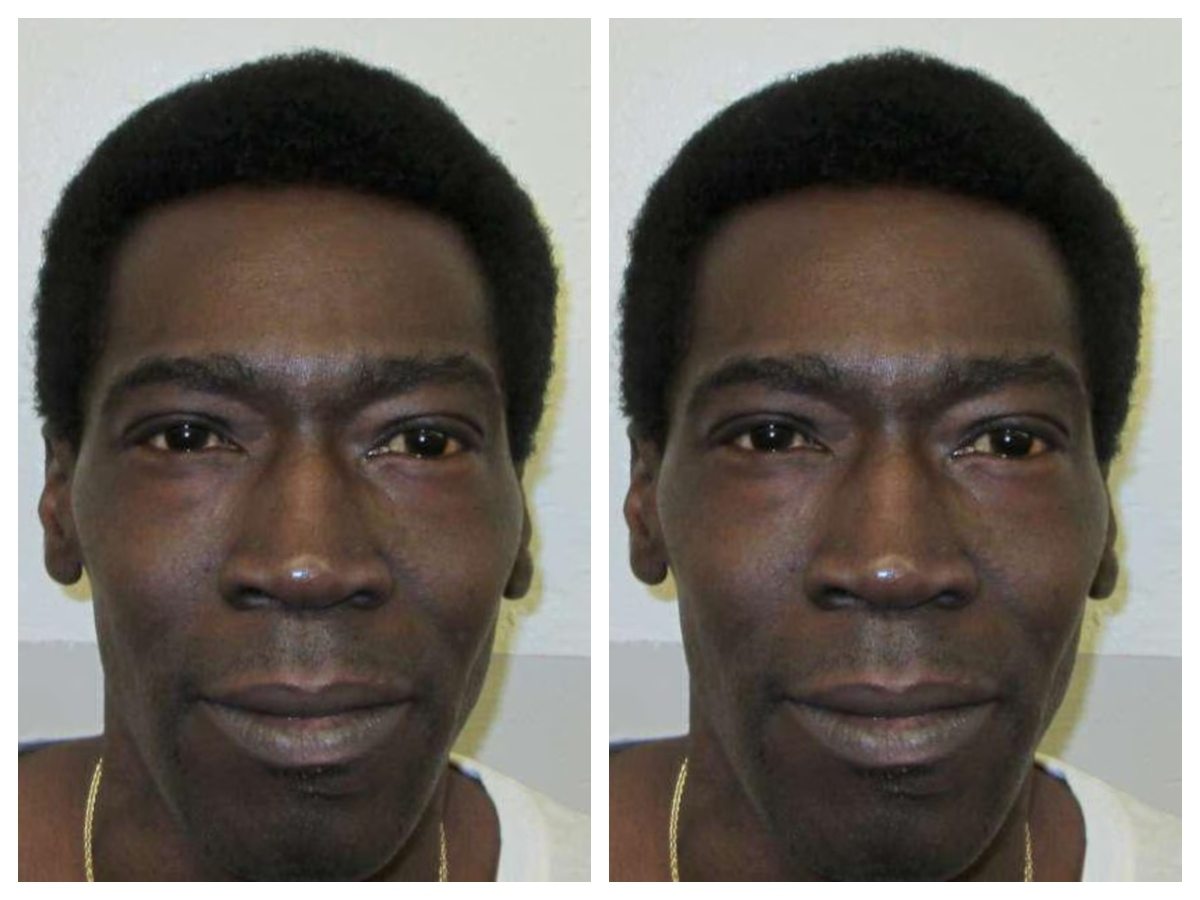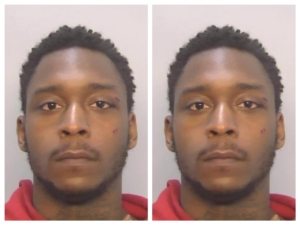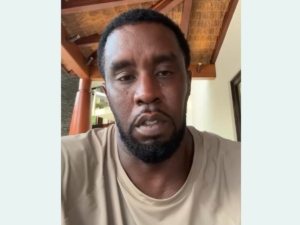Alabama death row inmate Anthony Boyd continues to assert his innocence as his execution date approaches, with family and supporters pleading for his life to be spared. The 53-year-old is scheduled to be executed by nitrogen gas on October 23, a method recently adopted by the state as an alternative to lethal injection.
Boyd was convicted in the 1993 killing of Gregory Huguley in Talladega, a case prosecutors described as retaliation over a $200 cocaine debt. Authorities said Boyd tied Huguley’s feet before another man, Shawn Ingram, poured gasoline on him and set him on fire. Both men were sentenced to death.
At a news conference in Talladega organized by the Execution Intervention Project and Boyd’s spiritual adviser, Rev. Jeff Hood, relatives and activists stood before a billboard reading “Save Anthony Boyd” to urge Alabama officials to stop the execution.
READ ALSO: Trump calls for jailing of Illinois governor and Chicago mayor over Guard opposition
Speaking by phone from Holman Correctional Facility, Boyd insisted on his innocence. “I didn’t kill anybody. I didn’t participate in any killing,” he said, maintaining that he was at a party the night of the murder. His defense team argued at trial that testimony implicating him came from a witness who received a plea deal.
Despite ongoing appeals, the Alabama Attorney General’s Office said Boyd’s claims have been reviewed for decades, stating that he “has yet to provide evidence to show the jury got it wrong.” The office added, “There was no billboard campaign to save Huguley, and Boyd showed no concern for the ethics of execution when he helped murder Huguley.”
Boyd’s supporters, however, say his case exposes deep flaws in Alabama’s justice system and its controversial use of nitrogen gas. Rev. Hood, who witnessed the state’s first nitrogen execution, said the procedure was far from painless. “What I saw was almost eight minutes of heaving back and forth,” he recalled, describing what he witnessed as slow and distressing. Boyd’s mother broke down in tears as Hood spoke.
Alabama officials have defended the method, arguing that the visible movements during execution were either resistance or “involuntary movements associated with dying.”
Boyd has been on death row since 1995 and now serves as the chair of Project Hope to Abolish the Death Penalty, a group founded by inmates seeking to end capital punishment.
“I want people to know that people on death row are not the monsters that the public or the justice system portrays,” Boyd said, according to AP’s report.










